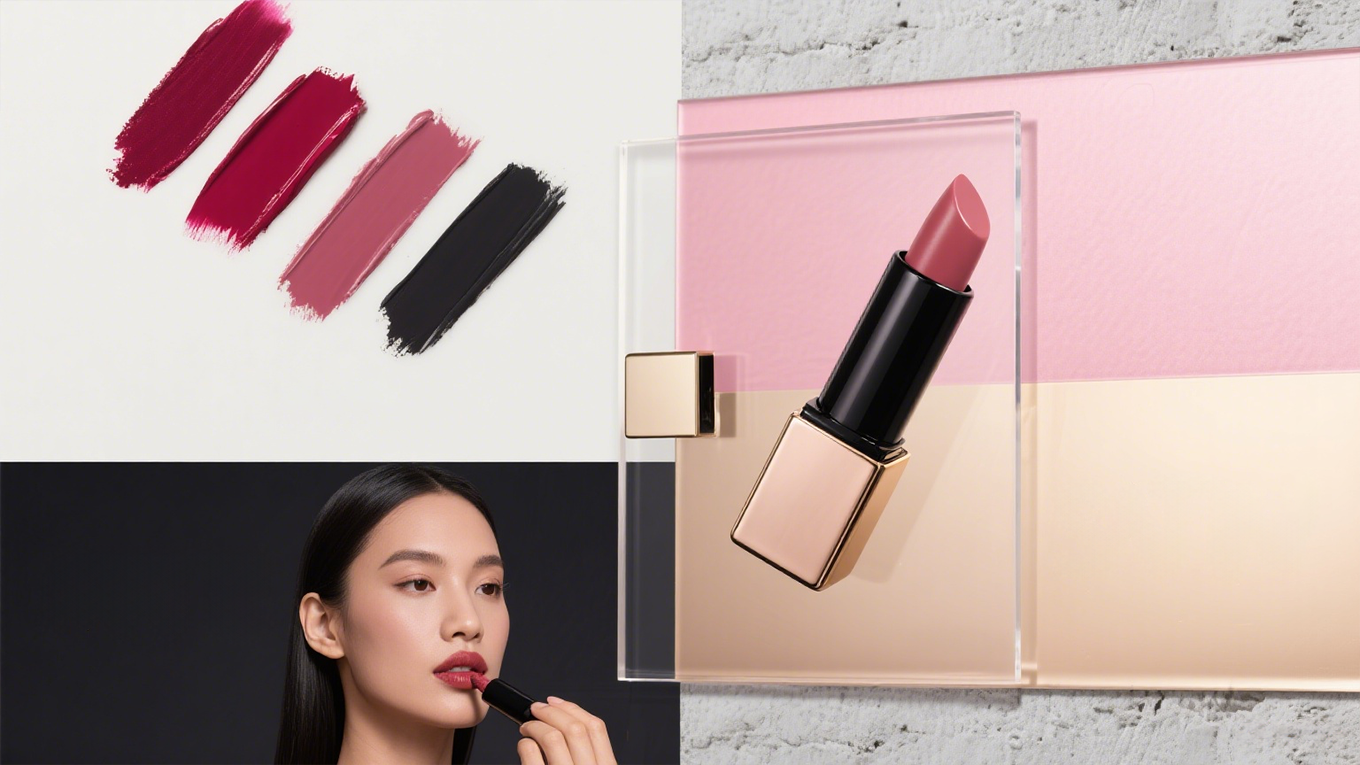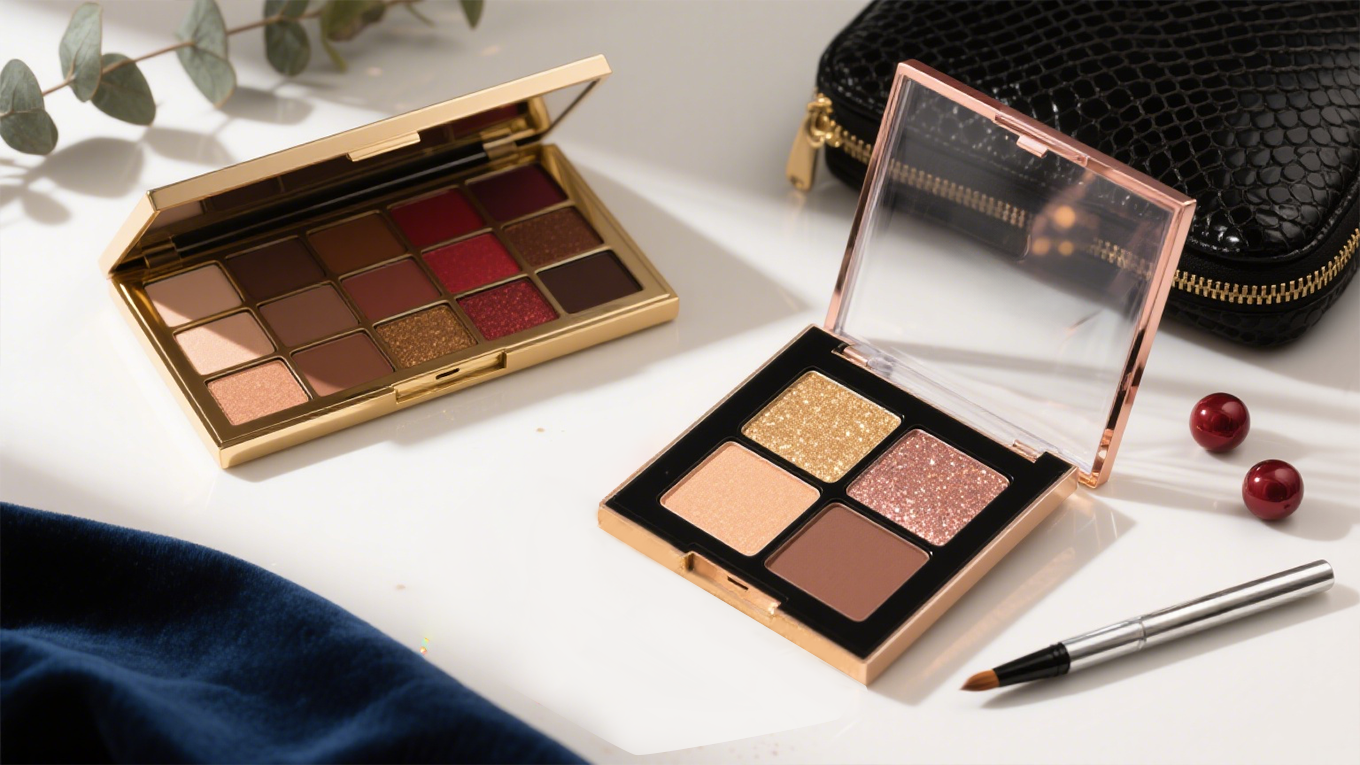In today’s beauty industry, private label cosmetics have emerged as a rapidly growing business model that allows entrepreneurs and established companies to build strong brands with high margins. With rising consumer demand for customized, affordable, and high-quality beauty products, many business owners are asking: Is private label cosmetics a profitable venture?
At ZM Beauty Supply, we specialize in providing businesses with the resources, formulations, and manufacturing expertise they need to launch and scale their private label brands. In this guide, we’ll explore the profitability of private label cosmetics, factors influencing success, market trends, and strategies to maximize your return on investment.
What Are Private Label Cosmetics?
Private label cosmetics are beauty and skincare products manufactured by a third-party supplier and sold under a retailer’s own brand name. Unlike white-label products, private label options often offer customization in terms of formulas, packaging, colors, and branding. This enables businesses to stand out in the market while controlling product positioning and price points.
Examples of private label products include:
- Lipsticks, lip gloss, and lip oils
- Skincare serums, creams, and masks
- Foundations, BB creams, and concealers
- Mascaras, eyeliners, and eyeshadow palettes
By leveraging private labeling, entrepreneurs can avoid the high costs of R&D and focus on marketing, distribution, and brand building.
Why Private Label Cosmetics Are Profitable
1. Lower Production Costs
One of the biggest advantages is reduced upfront investment. Manufacturers like ZM Beauty Supply already have established production facilities, ingredient sourcing channels, and tested formulations. This eliminates the need for businesses to spend heavily on labs, equipment, or compliance certifications.
2. High Profit Margins
Private label cosmetics typically enjoy margins of 40% to 70%, depending on the product category and distribution channel. With effective branding, businesses can sell products at premium prices while maintaining affordable production costs.
3. Scalability
Private label models are scalable. Brands can start small with low minimum order quantities (MOQs) and increase production as sales grow. This reduces financial risk while providing flexibility for expansion.
4. Growing Consumer Demand
The global cosmetics market is projected to surpass $600 billion by 2030, with a significant share attributed to private label products. Consumers are increasingly open to trying indie and niche brands, especially those offering cruelty-free, vegan, organic, or sustainable options.
Key Factors That Influence Profitability
While the private label model is promising, success depends on several critical factors:
1. Choosing the Right Niche
Identifying a profitable niche is crucial. For example:
- Natural and organic skincare
- Clean beauty and vegan formulations
- Inclusive shade ranges in makeup
- Men’s grooming products
- Luxury packaging for premium markets
Focusing on a defined target audience increases brand loyalty and reduces competition.
2. Branding and Marketing Strategy
Consumers don’t just buy products—they buy into brands. Investing in professional packaging design, social media marketing, influencer partnerships, and storytelling creates a strong identity that resonates with customers.
3. Product Quality and Safety
Regulations in cosmetics are strict. Working with a reliable manufacturer like ZM Beauty Supply ensures that formulations meet FDA, EU, and international compliance standards. High-quality products encourage repeat purchases and positive reviews, boosting long-term profitability.
4. Distribution Channels
Profitability also depends on where you sell:
- E-commerce: Amazon, Shopify, and direct-to-consumer websites.
- Retail: Placement in beauty stores, pharmacies, or salons.
- Wholesale & B2B: Selling to other businesses or salons as part of their product line.
5. Sustainability & Consumer Trends
Today’s customers value eco-friendly packaging, cruelty-free testing, and transparency. Brands that align with these values are positioned to gain a competitive advantage and attract loyal consumers.
Market Trends Driving Private Label Success
- Personalization: Custom shades, formulas, and packaging appeal to Gen Z and Millennials.
- Digital-first beauty brands: Social media platforms like TikTok and Instagram are fueling product virality.
- Inclusive beauty: Wider shade ranges and gender-neutral cosmetics broaden market reach.
- Sustainability: Refillable packaging and biodegradable materials are no longer optional—they are consumer expectations.
- Affordable luxury: Many consumers are moving away from legacy brands and embracing smaller, high-quality private labels.
Steps to Launch a Profitable Private Label Brand
- Research and Identify Your Target Market Define your audience based on age, gender, lifestyle, and beauty preferences.
- Partner with a Trusted Manufacturer Work with ZM Beauty Supply to access tested formulas, custom packaging, and regulatory support.
- Develop a Strong Brand Identity Create a unique name, logo, and story that differentiates your brand from competitors.
- Start with a Small Product Line Launch with 2–5 hero products before expanding. Focus on quality and customer experience.
- Build an Online Presence Leverage social media ads, influencer collaborations, and content marketing to drive traffic and sales.
- Test, Scale, and Expand Collect customer feedback, refine your offerings, and gradually add more products to your catalog.
Potential Challenges and How to Overcome Them
- Competition: Stand out with unique branding and niche positioning.
- Regulatory hurdles: Work with a manufacturer experienced in global compliance.
- Cash flow management: Start small with low MOQs to avoid over-investment.
- Marketing saturation: Invest in authentic influencer partnerships and user-generated content.
Selling private label cosmetics can be a highly profitable venture if approached strategically. With low startup costs, flexible scalability, and the ability to build a unique brand identity, entrepreneurs can tap into the booming beauty market with confidence. Success requires smart niche selection, strong branding, and reliable manufacturing partnerships.
At ZM Beauty Supply, we help businesses every step of the way—from formulation to packaging to compliance—so you can focus on growing your brand and maximizing profits. Whether you’re an aspiring entrepreneur or an established retailer, private label cosmetics represent one of the most lucrative opportunities in today’s beauty industry.



